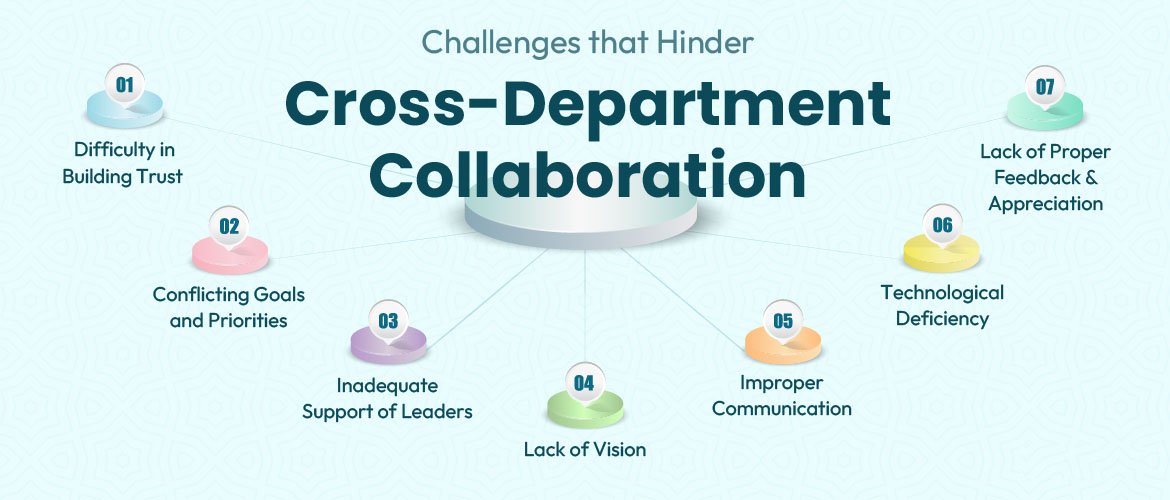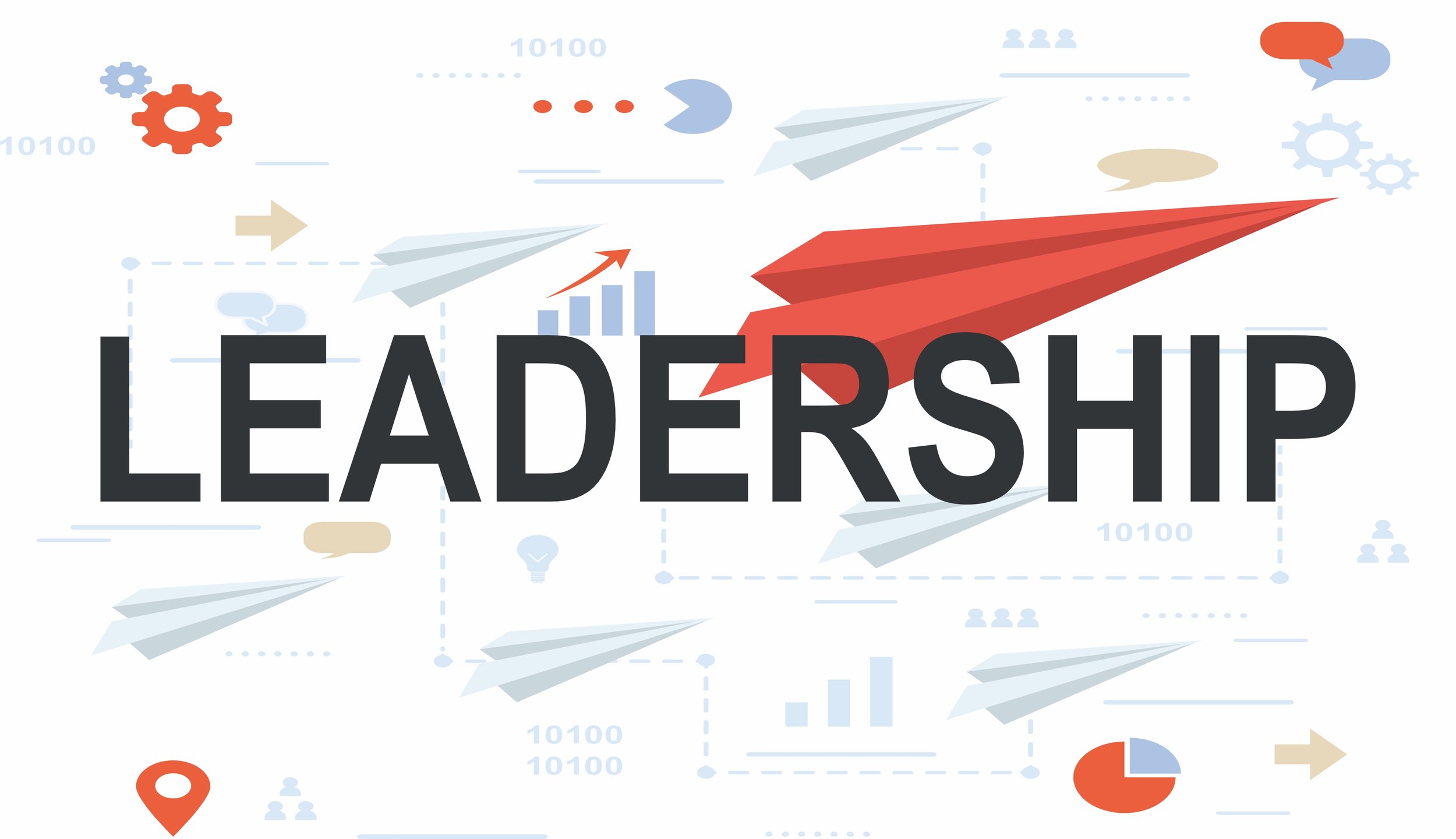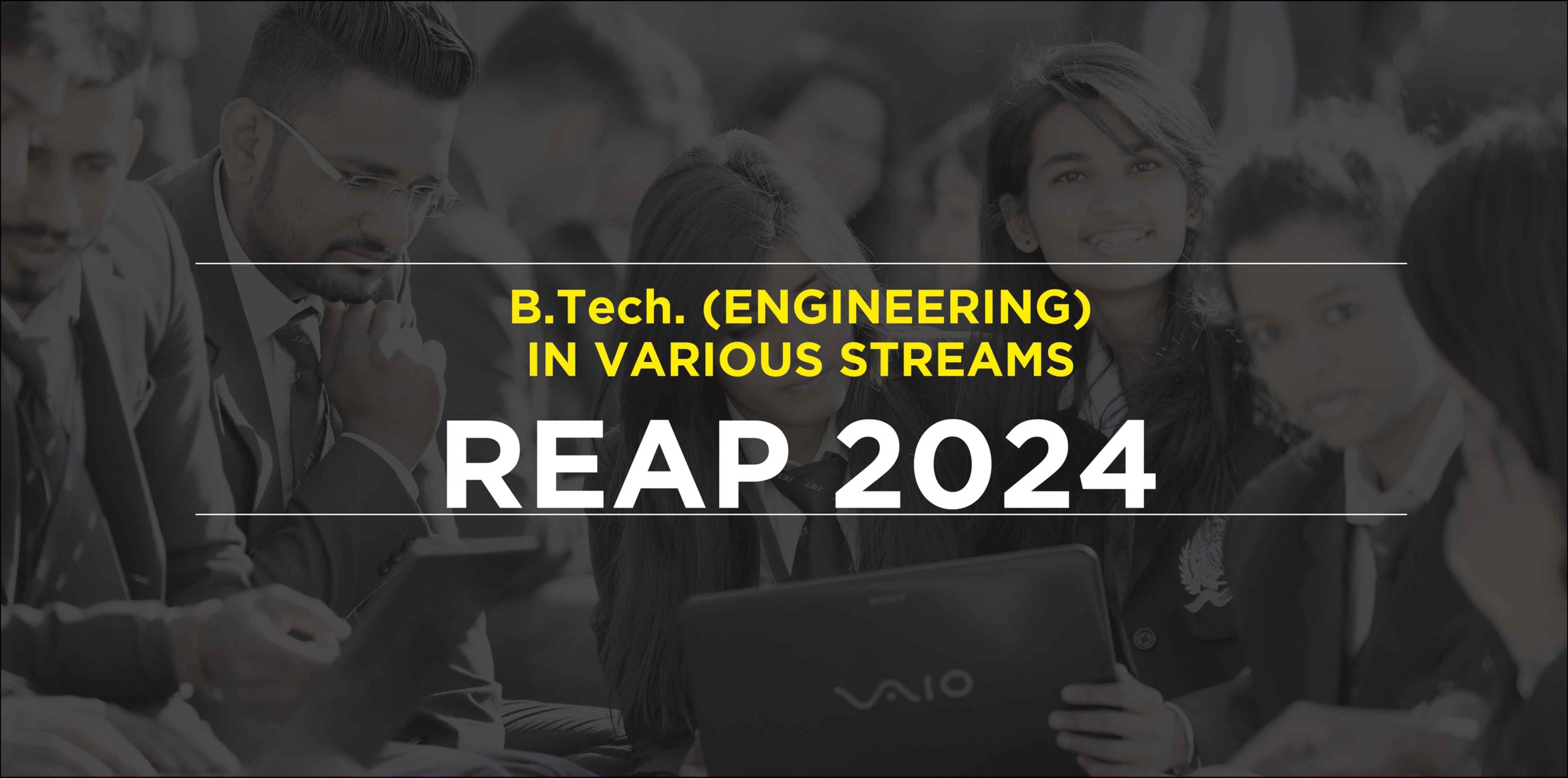An Introduction to Data Science: Basics, Concepts, and Applications
Introduction
The digital revolution has brought data science to the forefront, making it an indispensable field for modern society. JIET Universe in Rajasthan is committed to providing Students and professionals that possess the expertise necessary to succeed in data science. In this blog post, we will explore the fundamentals of data science, its key concepts, and its applications in various industries within the context of Rajasthan's dynamic economy.
Demystifying Data Science
An interdisciplinary discipline called data science combines math and other sciences., Using statistics, computer science, and domain knowledge, you may glean insightful information from both organized and unstructured data. JIET Universe believes that data science can empower organizations in Rajasthan to make informed decisions and solve complex issues using a wide range of analytical methods.
Navigating the Data Science Process
The data science process encompasses four primary steps:
Data Collection: Obtaining data from diverse sources, such as government records, local businesses, and social media platforms in Rajasthan.
Data Cleaning: Ensuring data quality by eliminating errors, inconsistencies, and duplicates.
Data Analysis: utilizing statistical and machine learning methods to find patterns, trends, and relationships in the data.
Data Visualization: Communicating results effectively through graphs, charts, and other visual aids.
JIET Universe emphasizes the iterative nature of this process, as newly discovered insights may necessitate further data collection and analysis.
Essential Concepts in Data Science
Key data science concepts include:
Descriptive, Predictive, and Prescriptive Analytics: Descriptive analytics examines past data, predictive analytics forecasts future events, and prescriptive analytics suggests optimal actions.
Supervised and Unsupervised Learning: Supervised learning uses labeled data to train models for predicting outcomes, while unsupervised learning uncovers hidden structures in unlabeled data.
Underfitting and overfitting: A model is said to overfit when it performs well on training data but badly on fresh data, whereas underfitting signifies a model that fails to capture the data's underlying structure.
Feature Selection and Engineering: Feature selection involves selecting relevant variables for a model, while feature engineering generates new variables to enhance model performance.
Model Evaluation Metrics: Metrics such as accuracy, precision, recall, and F1-score gauge a model's performance based on its predictions.
Mastering Data Science Tools and Languages
Popular data science programming languages include Python, R, and SQL. Key libraries and tools consist of:
Pandas and NumPy: Python libraries for data manipulation and analysis.
Scikit-learn: A thorough Python machine learning library.
TensorFlow and PyTorch: Robust deep learning frameworks.
Matplotlib and Seaborn: Python libraries for data visualization.
At JIET Universe, students learn to effectively employ these tools and languages to address real-world data science challenges in Rajasthan.
Harnessing Data Science Applications in Rajasthan
Data science offers a multitude of applications across diverse industries:
Healthcare: Enhancing patient care, predicting disease outcomes, optimizing treatment plans, and analyzing medical images in Rajasthan's medical facilities.
Finance: Identifying fraudulent transactions, assessing risk, and automating trading strategies for local financial institutions.
Retail: Segmenting customers, personalizing marketing campaigns, and optimizing pricing strategies in Rajasthan's burgeoning retail sector.
Transportation: Streamlining route optimization, anticipating vehicle maintenance, and improving traffic management to upgrade Rajasthan's transportation infrastructure.
Manufacturing: Implementing quality control, optimizing supply chains, and automating production processes in Rajasthan's growing manufacturing industry.
Agriculture: Leveraging data-driven techniques to optimize crop yields, manage irrigation systems, and monitor soil health, contributing to Rajasthan's agricultural development.
Conclusion
In summary, data science plays a pivotal role in enabling organizations to make well-informed decisions and uncover invaluable insights, particularly within the context of Rajasthan's evolving economy. At JIET Universe Jodhpur, we prepare students and professionals to harness the power of data science and drive innovation in their respective fields. By comprehending the fundamentals of data science, its concepts, and applications, you can contribute to the advancement and success of industries in Rajasthan and beyond.














